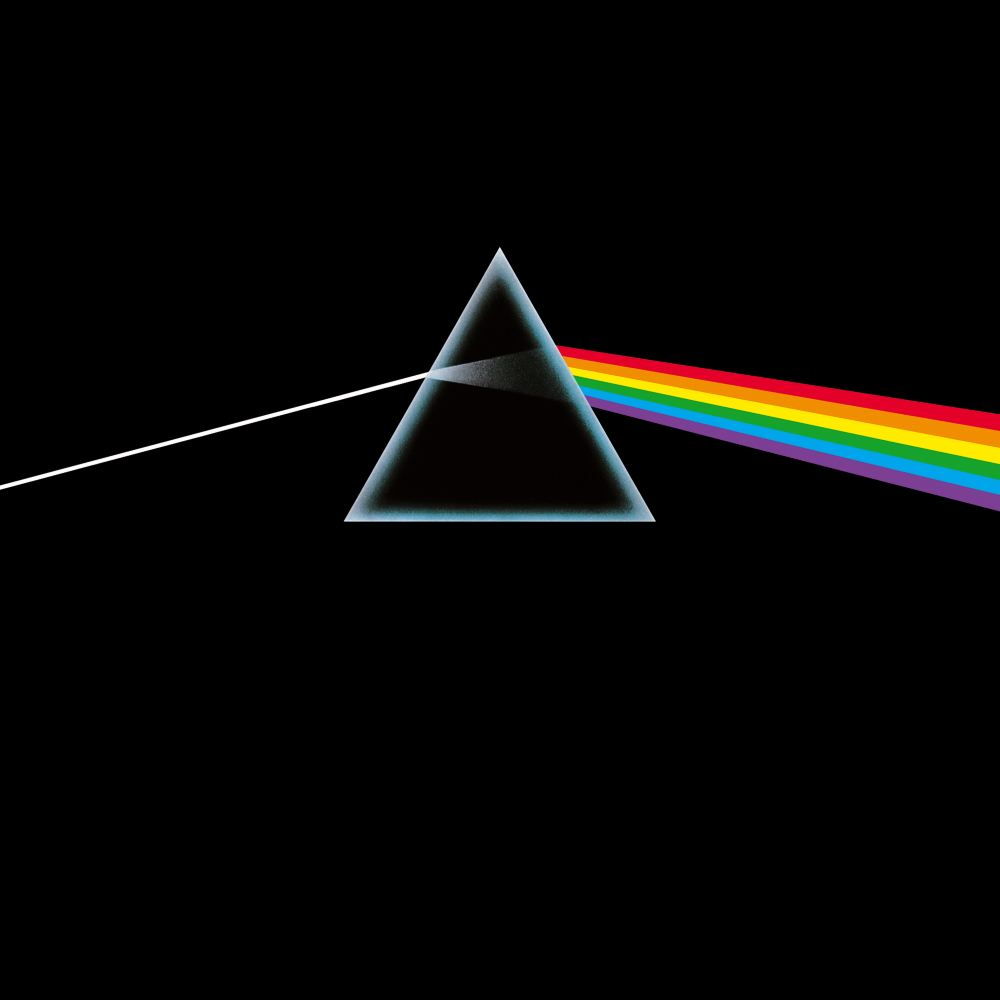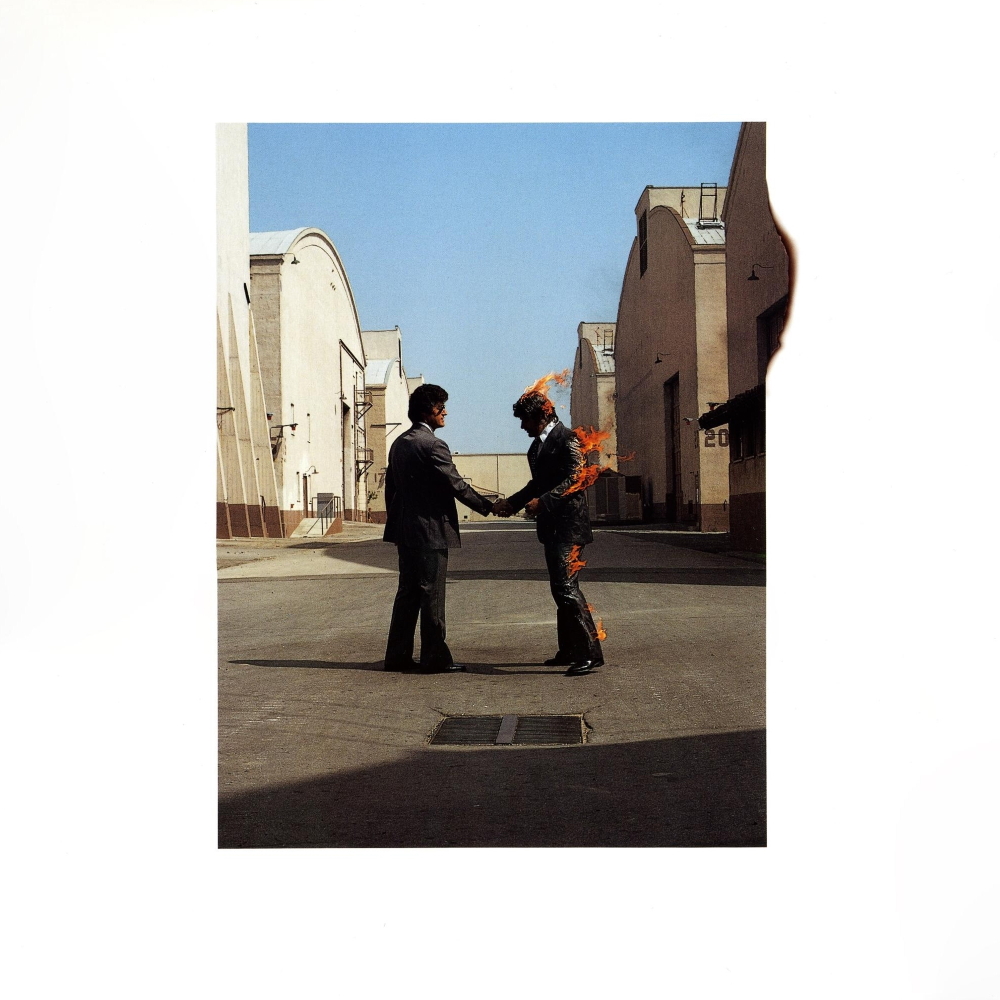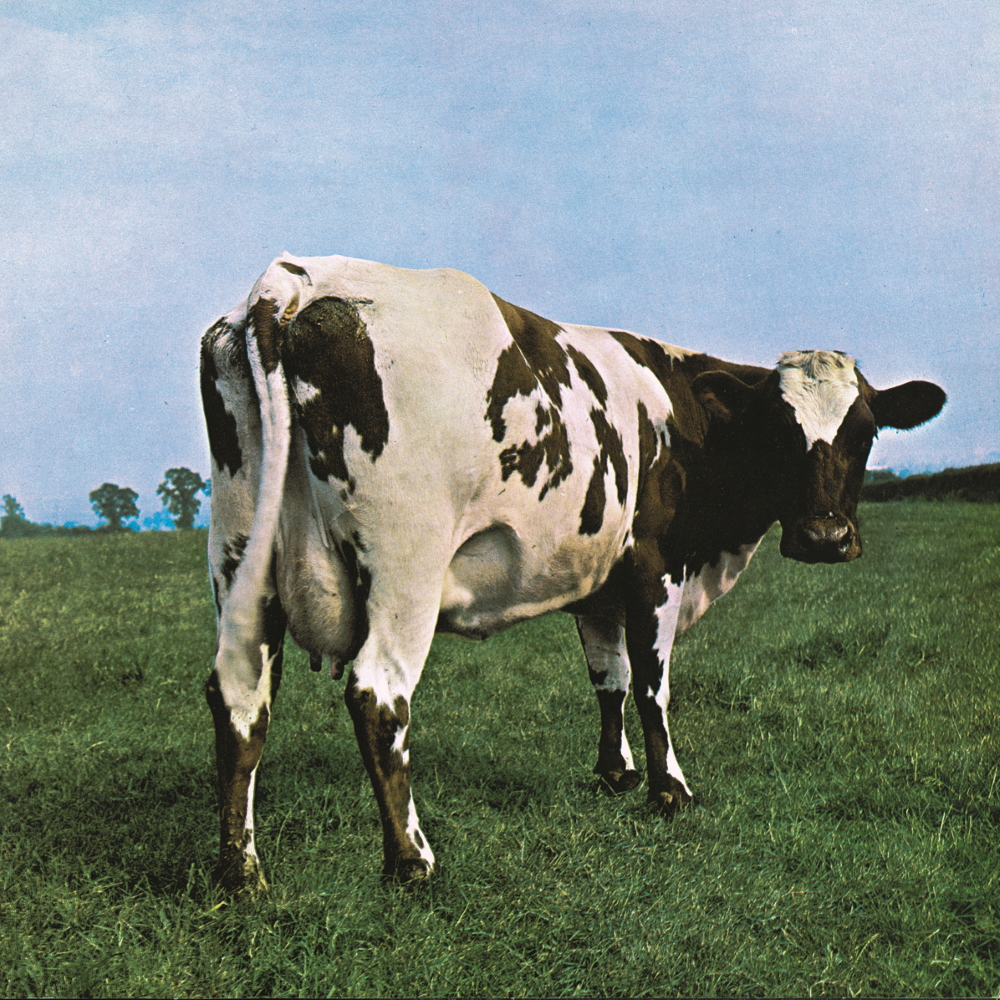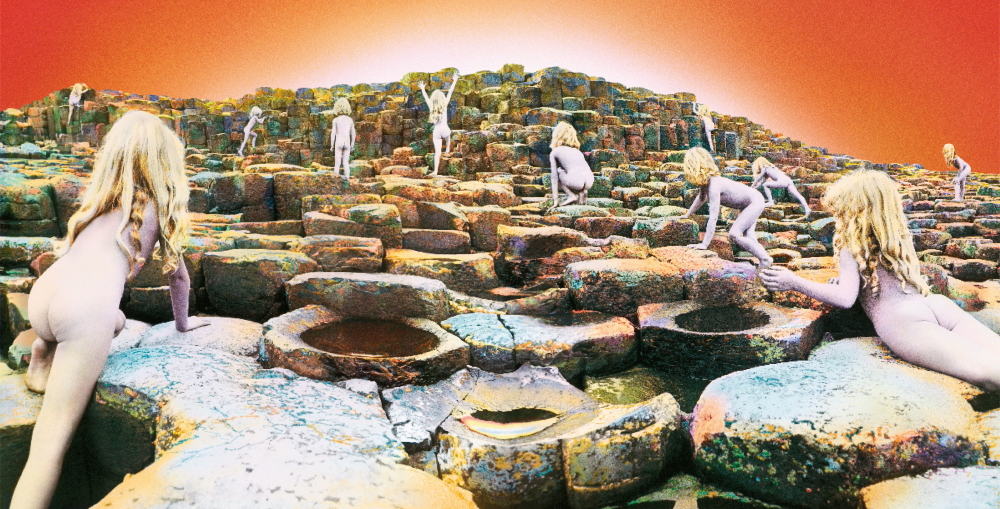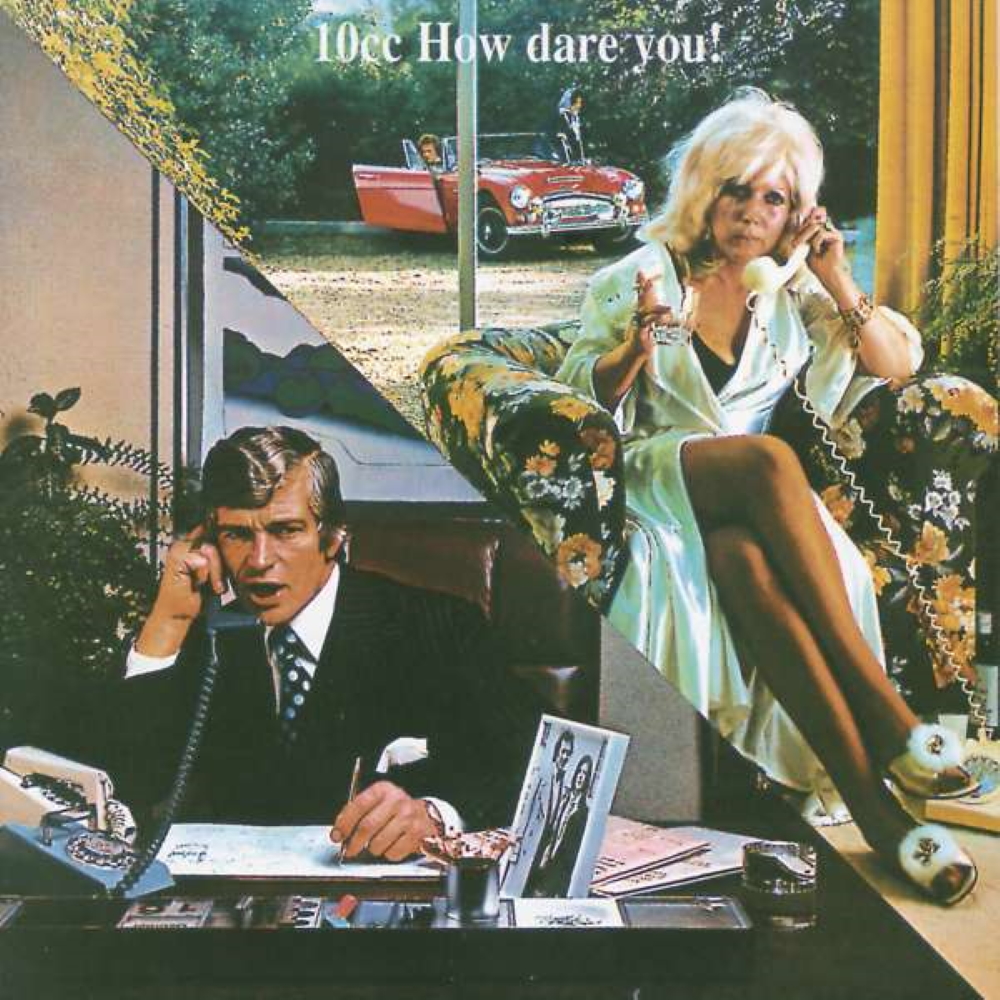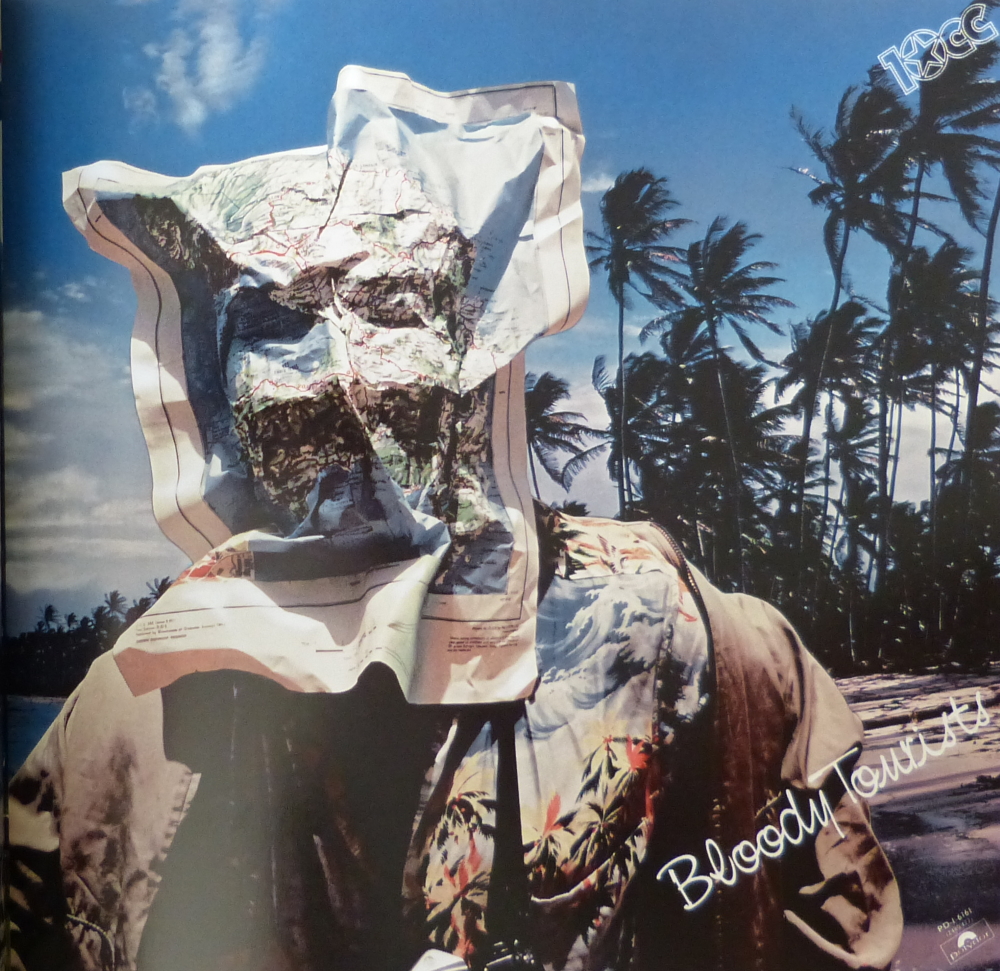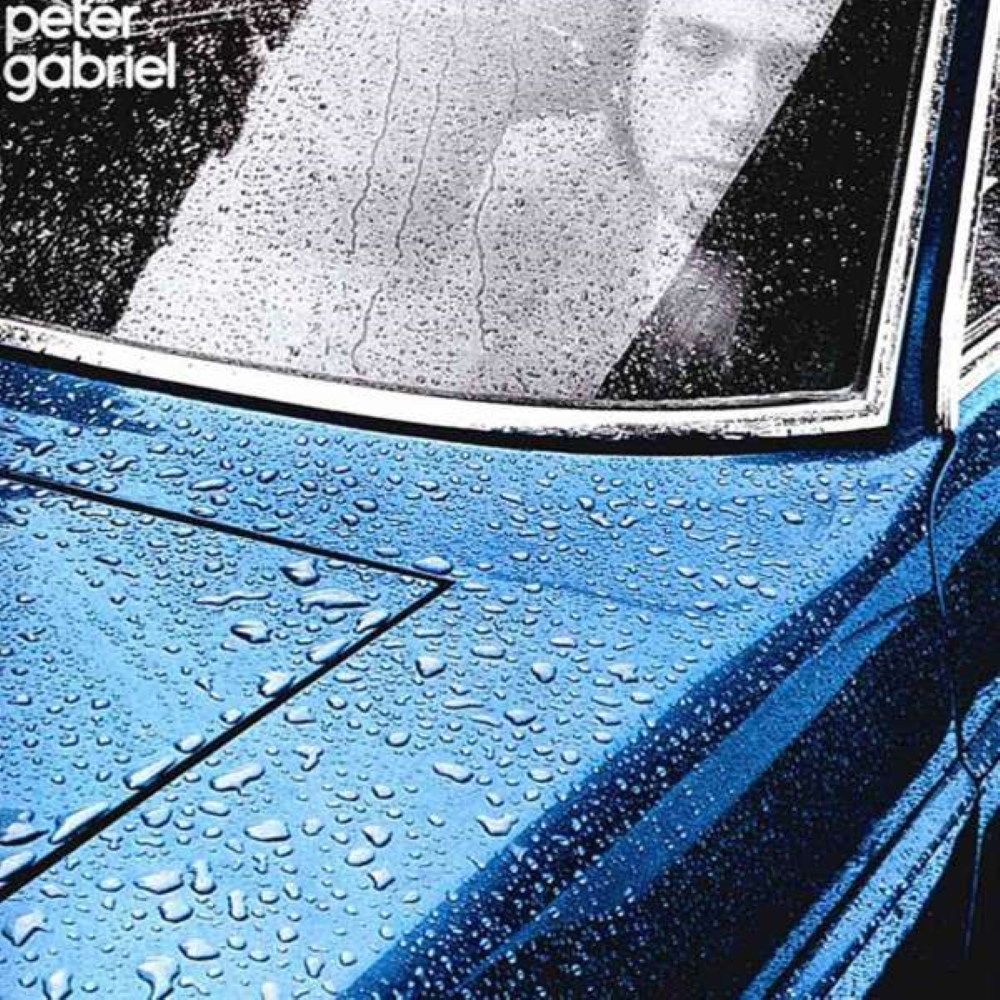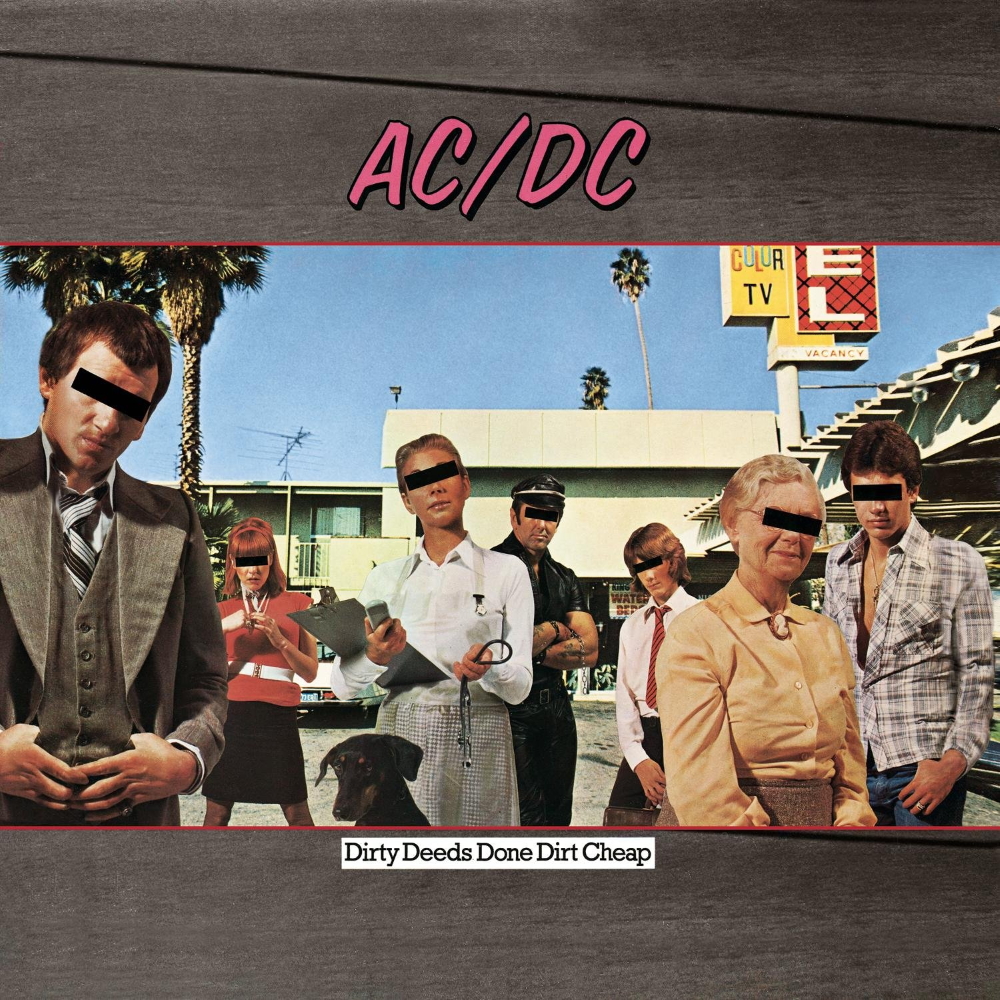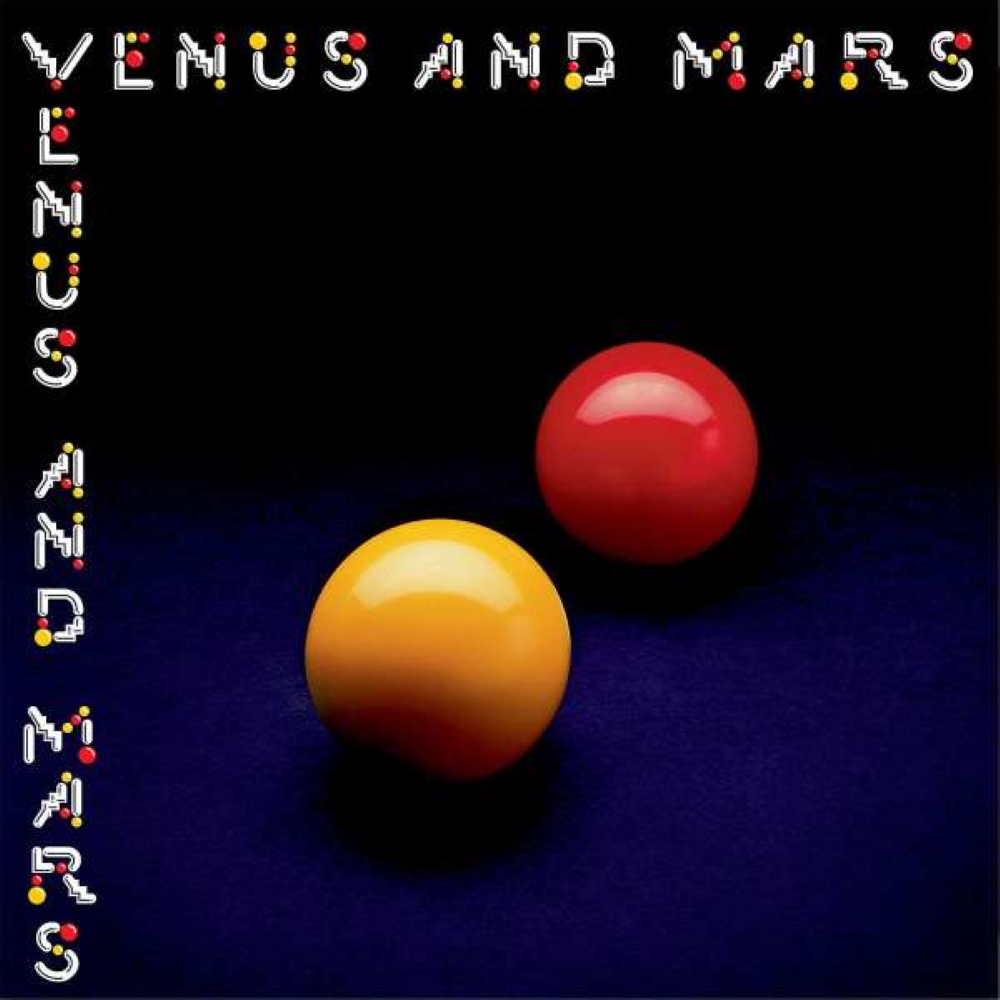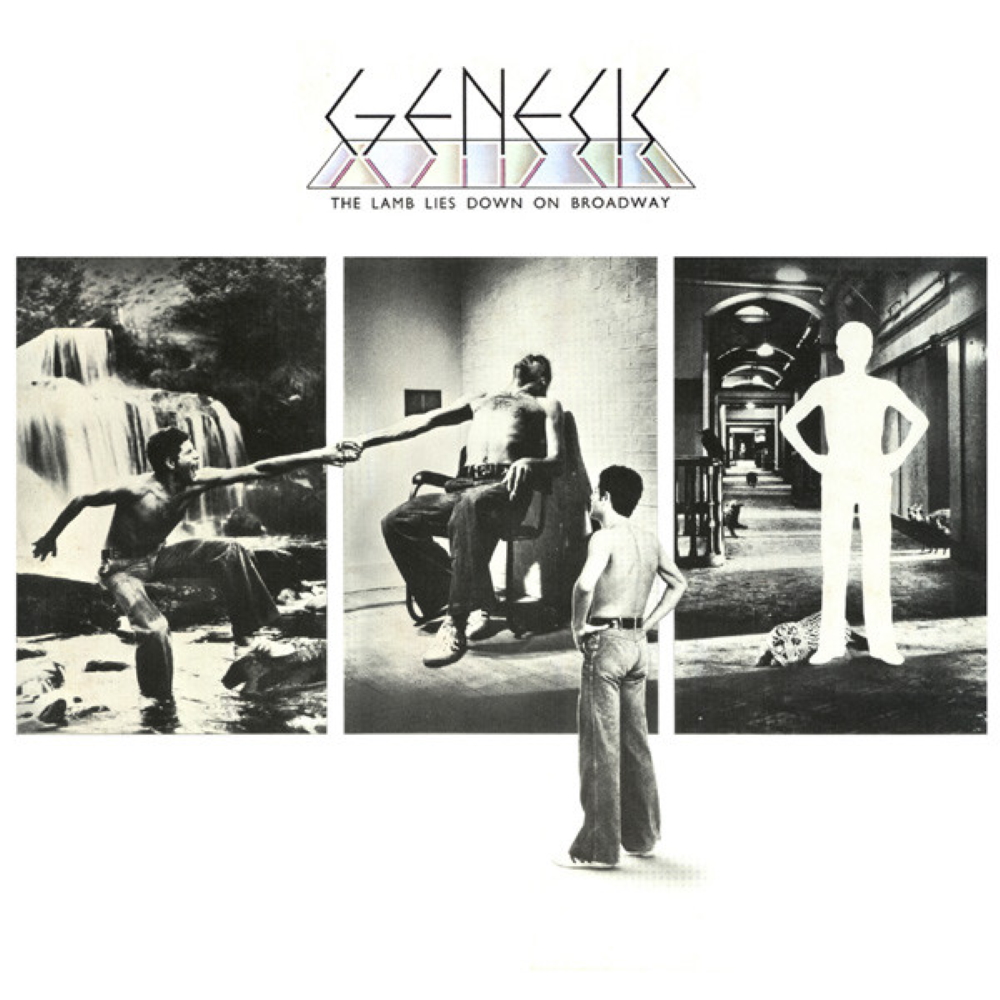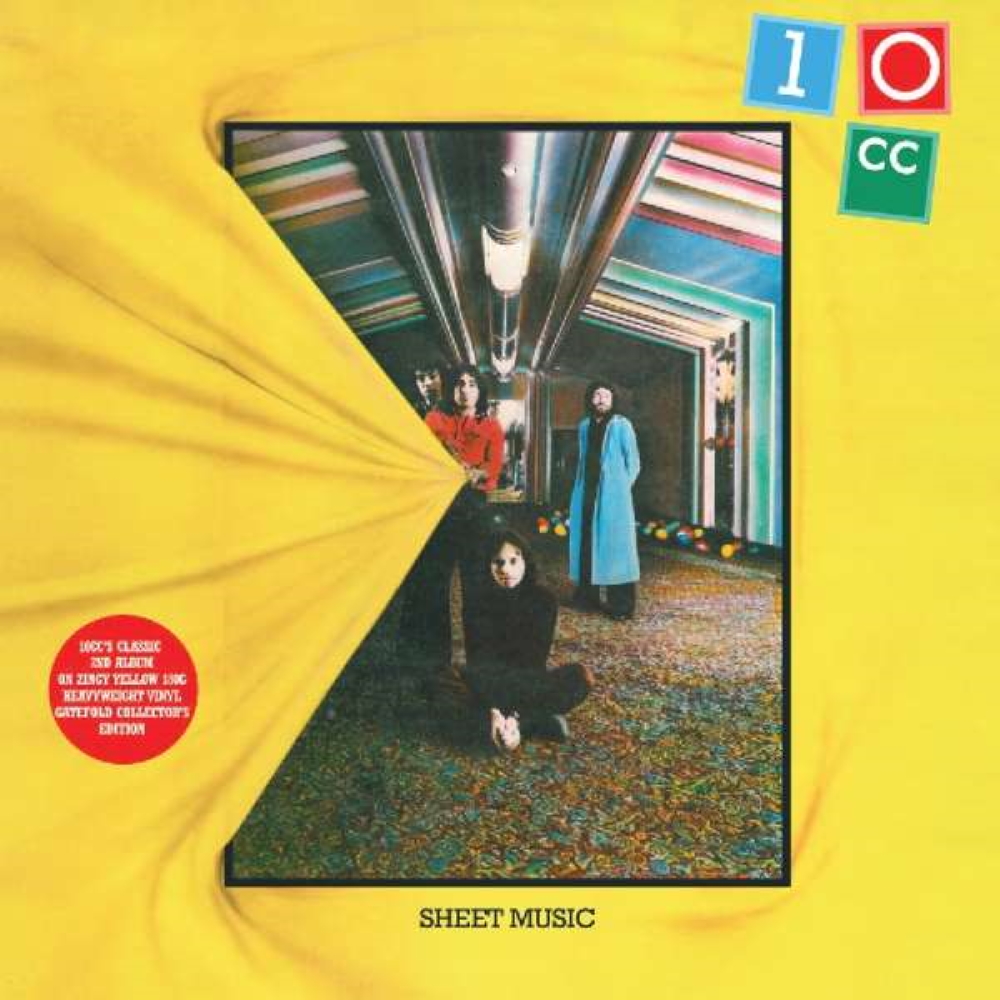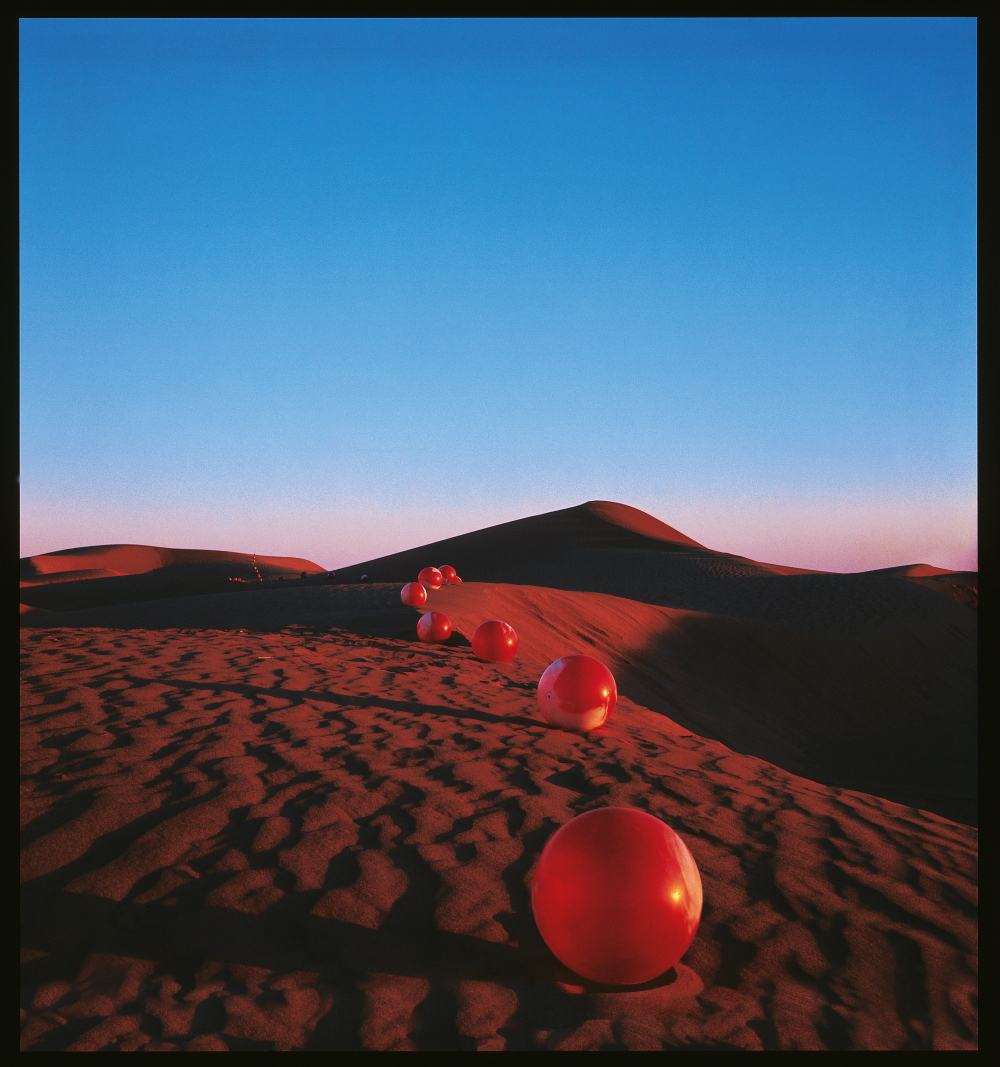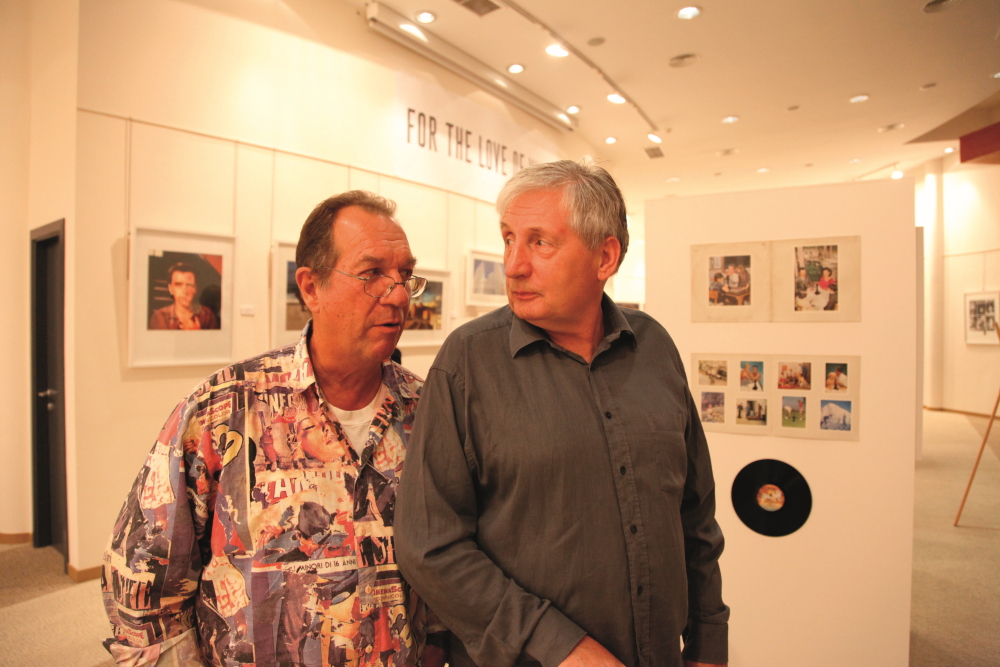Aubrey Powell
photographer / graphic designer / film director (Pink Floyd & more)
GB
The cover of the CD 'The Dark Side Of The Moon' - an iconic classic. The artwork of all other Pink Floyd records in the period from 1968 to 1981 (except 'The Wall', 1979), but also that for the records of numerous other greats of rock music: from AC/DC ('Dirty Deeds Done Dirty Cheap', international edition), Black Sabbath ('Technical Ecstasy', 'Never Say Die!'), Paul McCartney's Wings ('Venus And Mars', 'At The Speed Of Sound', 'Wings Over America'), Genesis ('The Lamb Lies Down On Broadway', 'A Trick Of The Tail', 'Wind & Wuthering', '... And Then There Were Three') or Peter Gabriel ('I', 'II', 'III') to The Scorpions ('Lovedrive', 'Animal Magnetism', 'Crazy World') and Led Zeppelin ('Houses Of The Holy', 'The Song Remains The Same', 'Presence', 'In Through The Out Door', 'Coda'): Aubrey "Po" Powell was jointly responsible for all of these.
Aubrey Powell
photographer / graphic designer / film director (Pink Floyd & more)
GB
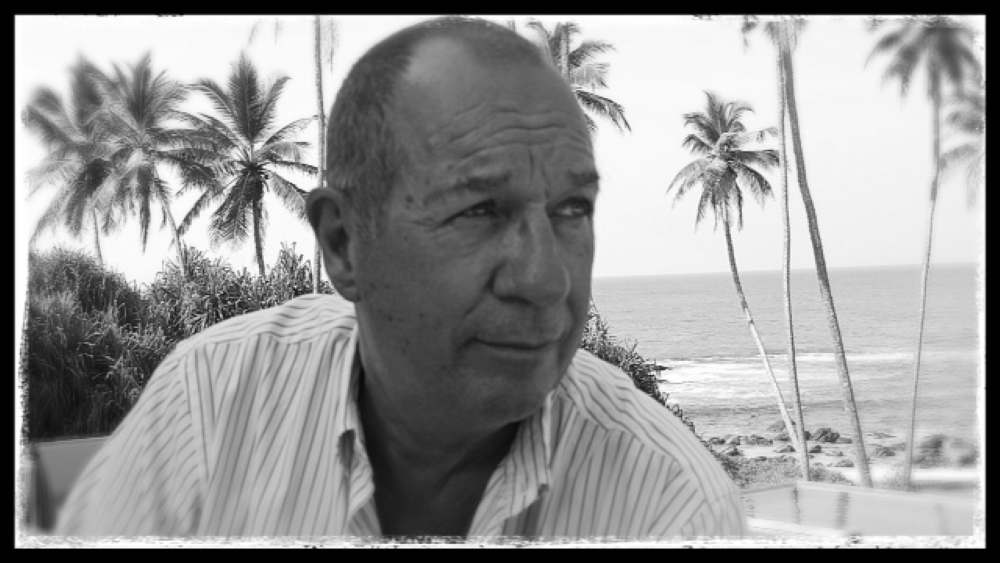
In 1967, the former student at the London School Of Film Technique (* 23 September 1946, Sussex) founded the design company Hipgnosis together with the British graphics student Storm Thorgerson. "The world's best cover designers" (Douglas Adams), who in 1979 created the visual appearance of the English paperback first edition of his cult bestseller "The Hitchhiker's Guide to the Galaxy", provided some of the most visually innovative, often photographically surreal record sleeves of the sixties, seventies as well as eighties and became (according to former Genesis-frontman Peter Gabriel) “the most influential cover design agency in the world”. What every reasonably experienced Photoshop user today regards as a self-evident functionality of digital image processing, Powell & Co. already anticipated back then - but entirely without computers, only with the help of special (photo)graphic techniques and, above all, in the most original sense of the word, purely 'handcrafted'. The London agency has also been commissioned with advertising campaigns for companies such as Peugeot, Levis Jeans, Volvo, Gilette and others.
In 1982, Hipgnosis - an acronym on the door frame inspired the founders to this name ("Hip" stands for cool/stylish, "Gnosis" in turn stands for ancient religious teachings, and the neologism as a whole refers to the higher susceptibility to suggestion in the trance-like hypnotic state), was dissolved. The reason: the emerging punk movement dramatically diminished the need for expensive artistically high-quality record slipcases. After the insolvency, Powell, Thorgerson and their Hipgnosis partner/photographer Peter Christopherson specialised in music videos for clients such as Yes ('Owner Of A Lonely Heart'), ex-Led Zeppelin singer Robert Plant ('Big Log') or Pink Floyd guitarist/vocalist David Gilmour ('Blue Light') in their joint company Green Back Films for two years. Thorgerson designed many album motifs until his death in 2013 (e.g. Muse - 'Absolution', 'Black Holes And Revelation'); Powell, meanwhile, founded "Aubrey Powell Productions" together with Christopherson in 1985. There he specialised as a producer/screenwriter/director primarily in (documentary) films and television commercial jingles. His clients include Coca Cola, Miller Lite, Budweiser, Nissan, Pan Am and Max Factor. In 1989, Aubrey Powell was commissioned as creative director for Paul McCartney's world tour with the design of the stage, video walls and film recordings. As a by-product, he realised the documentary 'From Rio To Liverpool' and the feature film 'Get Back'. The ex-Beatle engaged him again in 1993 on the occasion of his "New World Tour". In the course of this guest tour, the documentary 'Movin' On' and 'Live In The World' concert recordings were made. In 1994, Aubrey Powell registered Hipgnosis Ltd. and has since directed documentaries such as the award-winning film 'The Bull Runners Of Pamplona', live broadcasts (Her Majesty Queen Elizabeth II: The Naming Ceremony For The Cunard Ocean Liner 'Queen Elizabeth'") and event recordings ('Nelson Mandela's World Aids Day Concert', 'Queen - Live At Hyde Park'; 'Mark Knopfler - Live in Madrid') as well as corporate image films. As a founding member, he has (co-)written several books about Hipgnosis' groundbreaking work: 'Walk Away Renee - The Work of Hipgnosis', 'The Goodbye Look', 'Classic Album Covers of the 1970s', '100 Best Album Covers', 'For The Love of Vinyl - The Album Art of Hipgnosis', 'Hipgnosis Portraits' and 'Through The Prism: Untold Rock Stories from the Hipgnosis Archive'. Aubrey Powell lives in the English county of Oxfordshire in a 17th century farmhouse. His studio is also housed there.
Interview October 2015
The thinking artist: creating innovative covers
ABOUT INSPIRATION & INTUITION
The Romanian-French sculptor Constantin Brancusi said about his creation process: “Things are not difficult to make. What is difficult is, putting yourself in the state of mind to make them.“ Before the creativity, there is intuition. Where does this intuition come from, what sparks it? How does it manifest itself – is it only a vague idea or tangible (for example, in pictures)?
Intuition is a natural phenomenon that needs to be nurtured if you are aware of its power. It can make the difference between failure and success in everything. However, just because you have an intuitive mind it does not guarantee success. As John Lennon said “Intuition takes me everywhere”.
Is the timeframe of intuition only temporary or can it be supported by external factors? Inspiration is supported by external factors, intuition is based on internal (conscious versus sub-conscious).
Drugs? No. Intuition is organic - I would dare to suggest that everyone has access to it but few decide the course of their everyday lives upon it.
Is intuition reliant on spontaneity or is it possible to engage this spiritual resource at any time, consciously? If so, how?
In my experience it’s spontaeous. I am not a spiritual person by nature and yet I have quite strong intuitive powers of observation.
How important is the own physical constitution? Is it true that sadness equals creativity (or vice versa?) To quote the writer Miller Williams: „The saddest joys are the richest ones.“
Rubbish. You don’t need to live a life of misery and struggle, or by cutting off your ear or living an impoverished life in a tiny cold water garrett in Paris to be successfully creative.
Do calm and relaxation further the „best“ or is a tight deadline a stimulant for creativity?
Again, by my own experience a deadline drives me on to a more creative high. I often leave things until the last minute, which I believe to be a natural process of deliberation and selection by the mind, so when you come to actually doing something the mind has already embraced the good things and discarded the crap.
Which place/what environment is best for the creation/work process?
Anywhere, dependant on what you are doing. If I am writing a film script then peace and quiet are essential. If I am on set shooting a film or taking a photograph on location then sometimes chaos can inspire, with fast decisions often becoming moments of enlightenment and genius. I believe it’s down to the individual.
What, if there is a deadline, but no intuition?
Never have I experienced that conundrum. There’s always intuition – whether one chooses to act on it is something else.
Prior to intuition is inspiration the primary catalyst? If so, what inspires you?
Anything can inspire me. Cerebral input can be first found from any quarter. Driving in the car, watching other peoples`movies, studying paintings, lying in bed. The moment a thought kicks off a creative process that you instinctively know is right, you’re already being ushered along by your intuition. This is a regular occurence for me personally.
According to Philip Roth, “amateurs wait for inspiration while professionals sit down and work.” How do you feel about that?
He’s right. Why wait when you can get on with it. Better to have a go then sit around hoping that some flash of inspiration will take over. The very fact of attempting to find inspiration by hard work will often lead you there by hookor by crook. There are such things as writer’s block where people simply cannot get out of a funk no matter how hard the may try. As they say in sailing circles about an impending storm of a nearby coast – when in doubt stay out ....in other words, best get along with some other project.
How do you separate the good from the bad; how do you know which ideas to explore further, which ones are maybe even ahead of their time, visionary ideas and which are not?
I write down ideas when they come to me. It’s a process. Experience takes you there. The more you are successful in the workplace the easier it is to identify the wheat from the chaff. And it’s important to understand that not everything will be perfect. Many times I have pursued an idea and it turns out to be terrible. That’s all part of the learning curve. Why did Francis Bacon destroy so many of his canvasses that his galley thought wonderful? Because he knew in his own mind they were turkeys. It’s again like sailing (you can tell I’ve done a bit of that!): Nine days out of ten the weather or conditions are untenable, then on the tenth day everything is perfect. We have no control, but when we do, grasp it firmly by the hand.
Do you feel if an idea has the potential to be something big? How long do you ponder an idea before creatively working on it?
Unrealistic question and not at all answerable.
ABOUT CREATIVITY
According to novel-price-awarded author Nelly Sachs “everything starts with yearning.” Do you agree?
Yes, probably it does. A yearning to make your mark, be successful, make money,,,,,,there is certainly a whole plethora of desires associated with wanting to be successful creatively. You can name dozens who had it all starting with Picasso.
Is it magic and fun or torture/blood, sweat & tears to be creative?
Magic – are you kidding. It’s the best life ever unless you’re by nature a tortured soul – which many creative people are.
What is the process like from theory/idea to a practical creation?
Complicated. Most artists or creatives that I know have their own particular style of working and this generally forms very early on in your career. I like to get up to speed straight away. Contemplating my navel doesn’t work for me…… but for others ….. who am I to judge?
Can you force creativity? Are „drive“ and efficiency counterproductive?
No, I don’t think you can. Maybe in an advertising agency where the product is the most important thing and therefore creatives are obliged no matter what to deliver. A miserable existence in my book as I have tried it. After ten years of making TV commercials I gave it up and it gave up me.
How do you stimulate your creativity/are there specific rituals therefore or a muse?
What, like dancing naked around a candle reciting Kant? People do have muses and I think that definitely works for them. David Gilmour from Pink Floyd has his wife Polly Samson for example, and they are a creative force. I personally don’t and I say no drugs, which contrary to popular belief I think can be extremely destructive in the creative mode. Stoners flatline their brains eventually, Heroin addicts become self imploding, selfish and boring, and Cocaine users talk endless rubbish. LSD may have opened a few lines of enquiry but has also has blown apart many a young mind and destroyed them forever. Syd Barrett of Pink Floyd for one.
When you are in a creative phase, are you working as if in trance?
No fully conscious and in the moment. Excited, yes.
Which is better for creativity: discipline and structured time-management or idleness?
Idleness? – Stupid question. No answer.
Does age and life experience help with creativity or is a younger mind more creative, because it is fresh and untouched by experience? Does age equal more creativity? What about social / cultural heritage?
Social and cultural heritage can sometimes be an advantage due to education and privilege and therefore access to reference. Untouched and naïve art has its own place. A young mind is limitless and old mind becomes more disciplined by experience. Old age and experience can outwit youth and enthusiasm any day.
How important is talent for creativity? Is art of any kind based on talent?
There are five golden rules:
1) Right Place,
2) Right Time,
3) Some Talent,
4) Some luck,
5) Who You Know.
The last being the most important. You can be the most talented person n the world but if you don’t have the right connections then you had better get some.
Do you archive certain ideas to maybe check back when you are in a less creative phase?
I archive everything. A good idea is a good idea even if it is not appropriate at this moment.
Did you ever revisit an older idea, that you thought would be worthless but it turned out to be great/good? If so, why do you think that is?
As above – many times – repeat after me - A Good Idea Is A Good Idea.
Is it better to be creative on your own, only trust your own instinct, or in a team? However, in a team - how much of your own, personal idea is really left afterwards?
Who cares as long as the idea is fulfilled to its greatest potential. Depends on the artist’s ego, I guess. Personally, I prefer a great team around me as I cannot be good at everything and some folks are better than others at certain jobs. So, an individualistic approach I would say.
Is it true talent to trust other people to fill the gaps of your own deficits/ lack in creativity to produce something significant/great?
Yes, Michelangelo – he couldn’t paint everything, so acolytes painted much of his ideas and he did the detail. And everything is in the detail.
Who’s leading in the creativity-process: craftsmanship or spontaneous intuition/inspiration?
Inspiration first, intuition second and finally craftsmanship.
Which roles play aspects such as sincerity, authenticity, self-doubt when it comes to creativity and are they useful for the creative process?
All of the above.
If you would make a pie chart: How are emotion, mind and commercial interests split in percentages when it comes to the creative process?
My pie would be divided into three equal parts of the above.
Which is better in a developmental process: speed, meaning to grasp the magic of the moment, or a slow, ripening process when it comes to implementation and elaboration?
Grasping the magic of the moment.
Is creativity mostly a fun process or one that means blood, sweat and tears?
Fun. I had T-shirts made which said on the front “Film Is Fun” and on the back “Film Is Money”. Because it’s true.
What is the individual satisfaction based on: a) self-realization and individual fulfilment b) the (artistic) recognition or c) commercial success?
For me personally individual fulfilment. We used to say at Hipgnosis ‘The Art Comes First, Then The Money’ – and it was true.
What is your personal motivation for creative activity?
Happiness
Which role does perfection play when it comes to creativity?
No, I think perfection is an important position to try and achieve, with the understanding that one rarely does.
How much does routine influence creativity?
Don’t let routine get in that way. You might as well be a shop assistant and not have to think. Vary everything everyday as much as possible, but within reason. Otherwise the wife might not understand!
Can experience and professionalism make up for lack of creativity? And if so - how much?
Of course. Advertising, as I have said earlier is the perfect example whereby people become stifled by pandering to product.
What role does workmanship play in creativity? Can it be an obstacle?
Workmanship is important. Pride in your work essential. Not prohibitive in any way.
How is it possible to stay true to yourself artistically, but stay innovative at the same time? Can you keep re-inventing yourself without renouncing/denying your style?
Easy – take plenty of holidays. A change is as good as a rest. Go places and keep moving.
Is it desirable to be ahead of your time or does it cause to be misunderstood (or not understood at all)?
I have no idea. How can you be ahead of your time when that judgement is for others to decide later on.
Are creative people especially sensitive, because they have a particular feeling?
Some are some aren’t. It ain’t necessarily so.
When does the time come to end the creative process, to set the finalized work free - or is there a never-ending possibility of improvement?
When you get bored with it. At some point you say enough is enough – normally because something else has come along.
ABOUT SUCCESS
Is there a rule for successful artistic work, an individual prototype for success? In short: Is success projectable?
I have no idea. I doubt it or we would all be successful. There’s no formula or quick road to success.
When something is successful, how big is the temptation to recycle it, to repeat the successful prototype and not develop further?
It’s often a failing to repeat the same journey, because it proved to be successful in the past, and the re-invention of oneself or ideas is an essential part of life’s progress. Don’t become like a stuck record.
How big of a role does coincidence play when it comes to mass reception/popularity? Or: why is someone successful and someone else is not, even though they are similarly talented?
Coincidence plays a big factor in life – for me anyway. You can plan all you like but when the stars are all aligned – well, sit back and enjoy the ride.
Should you be able to predict characteristics, needs and desires of your potential audience to be successful?
Yes, I think the intelligent artist would have a pretty damn good idea what the audience wants. It’s like the Rolling Stones. If they play a concert to 50,000 people then they had better play 70% of their old familiar songs or the crowd will become restless struggling to listen to the unfamiliar new ones. Strategy is everything.
How do you stay open to critique despite success?
As I have said – nothing is ever perfect – so when you make an error – move right along and dump any feeling of regret. It is what it is and what it was. Being an artist is a tough business so wake up and smell the coffee.
Do you have to be driven, do you have to be addicted to achieve the next time, what didn’t work this time?
You have to be driven. You have to be driven. You have to be driven.
Did you ever deliver something that you thought was mediocre – but was successful?
Yes, several times. I will never really understand the success of the ‘Dark Side of the Moon’-design that Hipgnosis did for Pink Floyd. I thought it rather mediocre at the time and it has become an iconic album cover. How wrong could I be?
How big is the fear of failure, that a successful run might end and what follows is the fall?
It always ends in a fall. Life’s like that. When you’re on a roll God steps in and says “well, pardner, you’re having way too much of a good time” and slaps you down good and proper. Never take anything fro granted or it will bite you in the ass.
In your mind, what is the reason for being successful over a long series of time and all of a sudden the success is gone? Is this a matter of the contemporary taste and different times or is it just a natural development that once one is on top for some time, there’s only one way - down?
Contemporary taste can change things, of course, and we live in a fashion dominated world. By re-inventing yourself and your work continuously is an absolutely necessity to survive.
I have been up and down like a pair of drawers, but ultimately success has gained over failure and that is definitely due to keeping my eyes open at all times and living in the present. I never look back and am not interested to rest on my laurels. Once a piece of work is complete, never view it again and get on to the next. Unless it’s an exhibition, and then it’s only seen as retrospective moment.
How do you deal with failure? Is it important to have perseverance because success might come later on?
Failure? Have a drink and forget about it – the sooner the better. Belief in your own abilities as an artist demands a certain tough skin to the outside world and do not let that exterior world penetrate your sensibilities. Too many artists have jumped ship because of letting the bastards get to you.
How do you deal with a moment, where your individual, perfect work has been created, maybe has been praised and nominated with all possible awards – what will be next? Or is the personal peak also “the end”?
I live for the moment. If I win an award or lose an award I cannot take it seriously. Awards are a dangerous metaphor for “how big is my ego?” and “is my ego going to allow me to behave like an idiot?” or be a mature adult and see that the real reward was in the recipe for success. That’s true gratification. Do only care about your work for yourself, regardless of other peoples’ views. You know when you have done well and when you haven’t. Pat yourself on the back every now and again. It’s enough.
If this is a possibility – is it even desirable to create the ultimate, perfect work?
A horrible thought. No! Nature is decided by flaws and art is a part of that.
MY FAVORITE WORK
“’Dark Side of The Moon’ for Pink Floyd is probably the most famous album cover that Hipgnosis created. It was inspired after the keyboard- player in Pink Floyd, Rick Wright, said that he wanted something very different from the photo surreal designs that Storm and I normally produced. He wanted something that looked more like a chocolate box! I was looking through a 1950’s French photographic book of early technicolour pictures, and there on the page was shot of a triangular glass prism with a rainbow of light coming through from sunlight outside a window sitting on some sheet music. Storm immediately said he’d got it - the idea. Create a Pyramid with a light source from one side fracturing into rainbow colours coming out of the other. It summed up Pink Floyd with their enigmatic aura of mystery - no one really knew who they were at the time - however, they were known for their extraordinary light-shows to accompany their electronic, and rather spacey, psychedelic sound. The band immediately loved the idea. We couldn’t really create it photographically and so we made it into a graphic, drawn image. The album sold sixty five million copies, and so nearly by default it became an iconic image over the years.”
